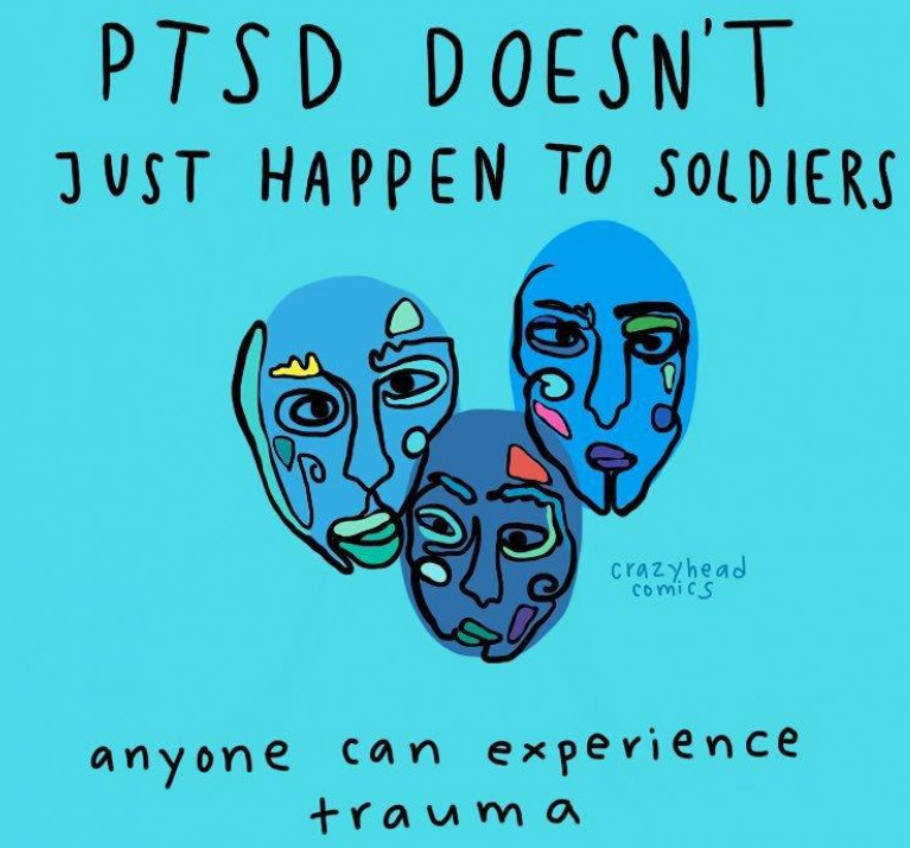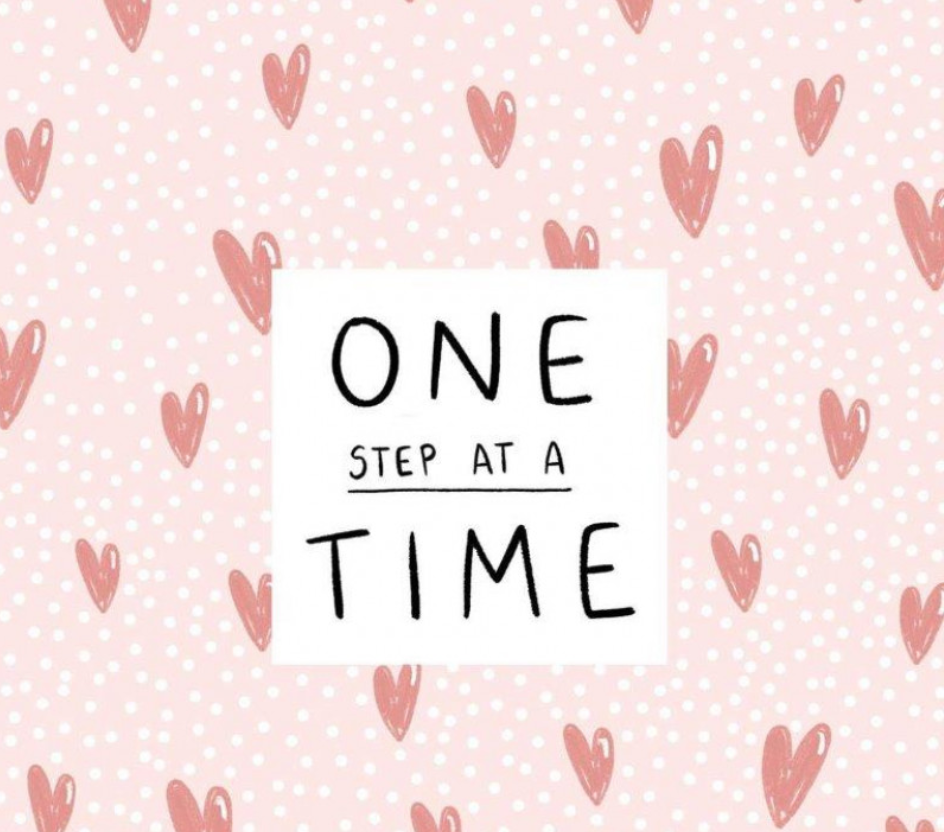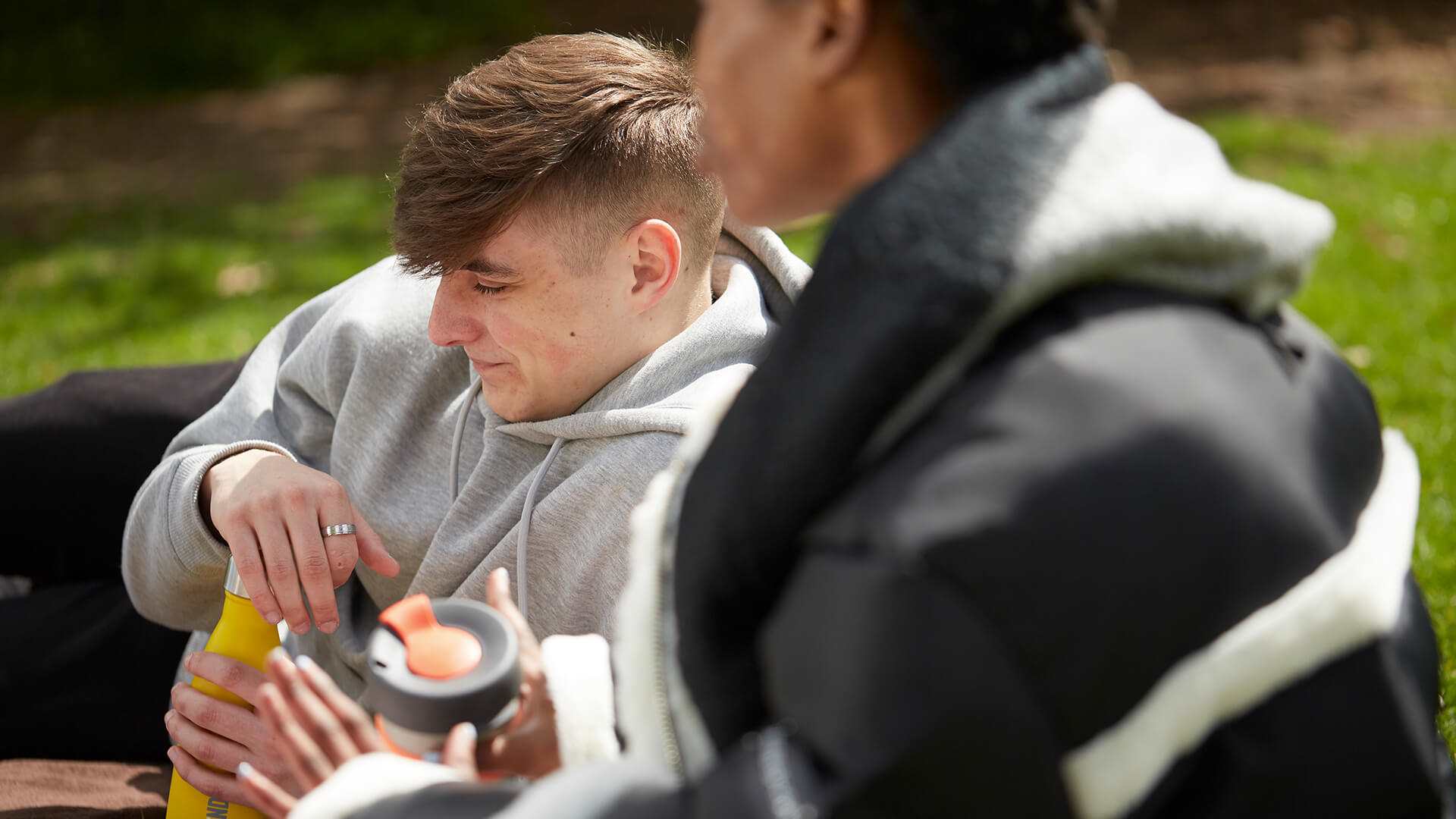What is PTSD?

Artwork credit: @crazyheadcomics. The artwork depicts three hand-drawn face outlines, all in different shades of blue, the faces have blocks of colour on their lips, cheeks and eyebrows. Above the faces it reads: 'PTSD doesn't just happen to soldiers' underneath the faces it continues: 'anyone can experience trauma'.
Post-traumatic stress disorder (PTSD) happens after you experience something extremely frightening, like violence, abuse, rape or a life-threatening situation.
It can also affect you if you witnessed something terrible happening, such as a serious accident.
Most people take time to get over a traumatic event, but with PTSD, you can't move past the event and carry on having dreams, flashbacks or upsetting thoughts about it.
Complex PTSD (C-PTSD) is a more serious reaction to a long-lasting traumatic experience, for example abuse, neglect or frequent violence.
If you think you might be affected by PTSD, you are not alone. It can be really scary, but help is available.
The symptoms of PTSD
Symptoms can appear straight after a traumatic experience, or later on. They're usually noticed within six months of the experience.
The main symptoms of PTSD are:
- flashbacks or nightmares about what happened
- avoidance and numbing, where you try to keep busy and avoid thinking about or doing things that might trigger memories of the traumatic event
- being tense and on guard all the time in case it happens again
Just because you experience one or more of these symptoms, it doesn’t mean you’re definitely affected by PTSD. It’s important to talk to your GP to get a full diagnosis.
You may also experience:
- anxiety
- anger or irritability
- problems sleeping or eating
- survivor's guilt, where you feel bad because others suffered more than you
- depression
problems with alcohol or drug abuse - diarrhoea
- muscle aches
- difficulty remembering all of the traumatic event
What to do about PTSD

Artwork credit: @jessrachelsharp. The artwork depicts a pink background with white dots and bigger pink hearts. In the middle is a white square with text inside that reads: 'one step at a time'. 'step at a' is underlined.
Take the first step
If you've been through something traumatic and you're struggling with PTSD symptoms, talk to someone you like and trust, like a teacher, relative, counsellor or friend.
You should also see your GP. They may offer to refer you to Child and Adolescent Mental Health Services (CAMHS), an expert or a psychiatrist who can help you.
Treating PTSD

PTSD can be treated through cognitive behavioural therapy (CBT), which can help you find new ways to cope with your thoughts and feelings about what happened.
You may also be offered EMDR (eye movement desensitisation and reprocessing), a technique that uses rapid eye movements to reduce distress from bad memories.
Tips from our Activists
Our Activists and other young people share their tips and advice on PTSD.
More information and support
Get help now
Where to get help
If you're struggling with PTSD symptoms, or just need extra support dealing with something tough, here are some services which can help you.
-
Samaritans
Whatever you're going through, you can contact the Samaritans for support.
- Opening times:
- 24/7
-
Childline
If you’re under 19 you can confidentially call, chat online or email about any problem big or small.
Sign up for a free Childline locker (real name or email address not needed) to use their free 1-2-1 counsellor chat and email support service.
Can provide a BSL interpreter if you are deaf or hearing-impaired.
Hosts online message boards where you can share your experiences, have fun and get support from other young people in similar situations.
- Opening times:
- 24/7
-
The Mix
Offers support to anyone under 25 about anything that’s troubling them.
Email support available via their online contact form.
Free 1-2-1 webchat service available.
Free short-term counselling service available.
- Opening times:
- 3pm - 12am, seven days a week





